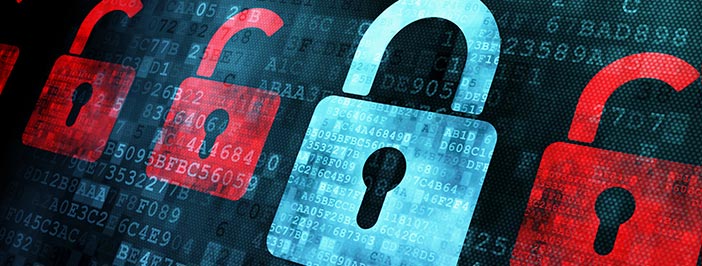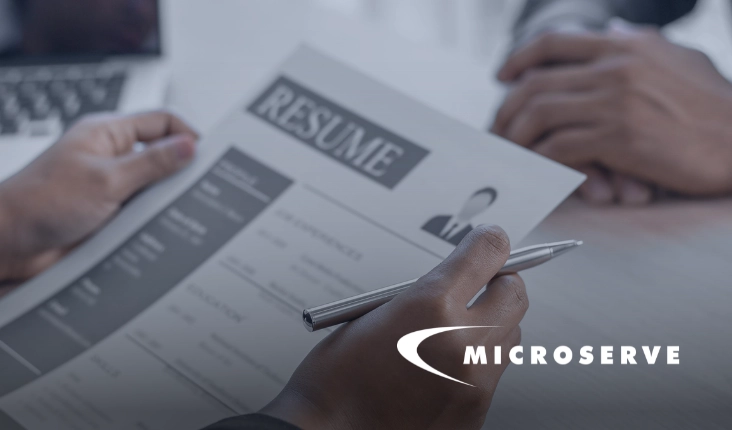7 Personal Cybersecurity Tips
You already know Microserve is Canada’s go-to IT support firm for everything from managed IT services and IT procurement to audio visual and cloud services. And we know the kinds of headlines you’ve been reading lately. With that in mind, we’d like to offer some relevant personal cybersecurity tips.
For anyone who’s been completely checked out in the last twelve months, consumers have faced multiple cybersecurity challenges.
Equifax, one of the largest U.S. credit bureaus, suffered a data breach that affected 145.5 million people. Hackers accessed names, addresses, social security numbers, and credit card numbers, leaving clients horribly exposed.
Recently, Facebook admitted that user data had been inappropriately given to Cambridge Analytica, which used it to influence voters in the 2016 election. The company now reports that 87 million people were affected.
If these breaches make you leery about sharing your info online, you’re not alone. Some people have sworn off internet purchases and social media altogether. Others have been looking for ways to protect themselves from these privacy invasions.
While no one can remain 100% safe online, users can take steps to make their data more secure.
Equifax
You can’t remove your records completely from credit bureau agencies. But, Equifax has offered several strategies to protect customers from possible cybersecurity fallout.
- Only share your personal information on a secure computer and encrypted network. For your wireless connection at home, experts still recommend WAP2 for the best encryption.
- If your credit information has been hacked, put a credit freeze on your files to make it difficult for thieves to open new accounts in your name.
- Regularly monitor your credit and bank accounts for transactions you did not make.
- File your taxes early to prevent hackers from filing first and getting your return.
Although #DeleteFacebook has been making the rounds, many people are reluctant to give up the social media site.
While Facebook has pledged to make their site safer, you shouldn’t wait for them to make good on their promise. Instead, you can make changes that increase your personal or business account’s security level.
The LA Times suggests these cybersecurity tips
- Check your public profile by going to Settings >Timeline and Tagging>Review>Review what people see on your timeline. Then click “View As.” Remove any information you don’t want the general public to see, including where you work and live.
- Check third-party apps. If you’re like the average Facebook user, you’ve given several apps access to your personal information over the years. Go to Settings>Apps>Logged in with Facebook and delete any apps you no longer use. That will stop any future data sharing.
- Disable API Sharing. Remember all the times you used Facebook to sign into another website or app? Facebook gets information about you whenever you use those apps. Go to Settings>Apps>Apps, Website and Plug-ins. Then click edit and disable it.
Remember, you can also help your cause by not oversharing. Just because a site asks you for information doesn’t mean you have to give it.
You can’t remove all the cyber risks from your life, but you can limit them by practicing due diligence using these cybersecurity tips. Monitor your credit report carefully. Really look at every credit card transaction and bank account transaction and report anything suspicious.
Also, assume hackers are always after your information . . . because they are! Be careful what you share and where.
For more information, check out the IT Security Services page. Contact us today for a consultation.




